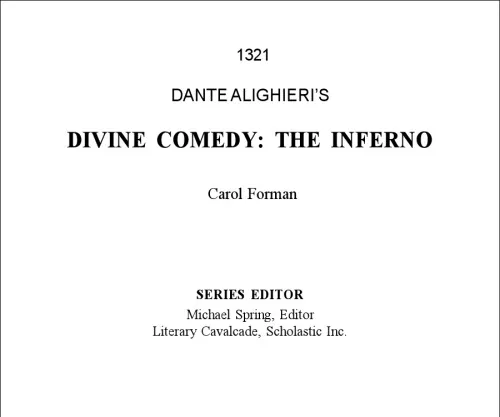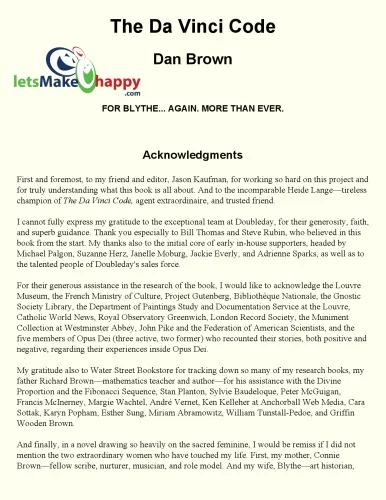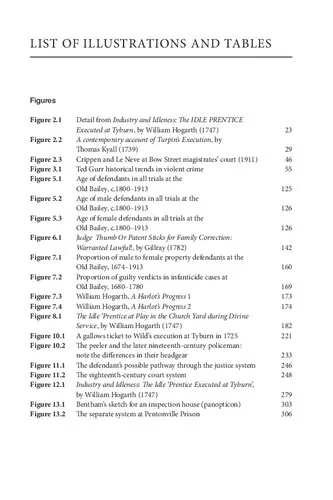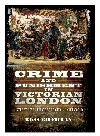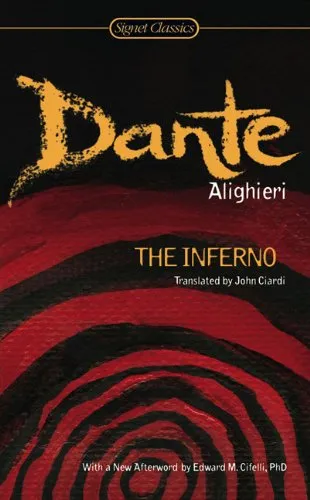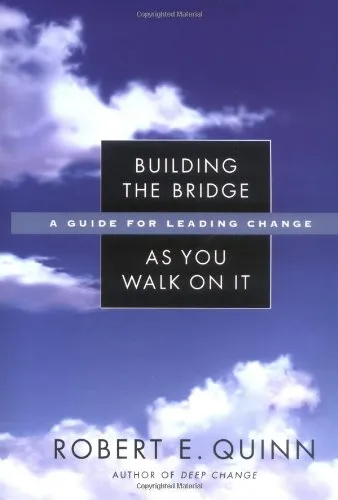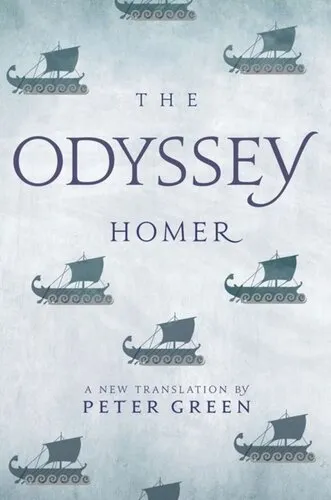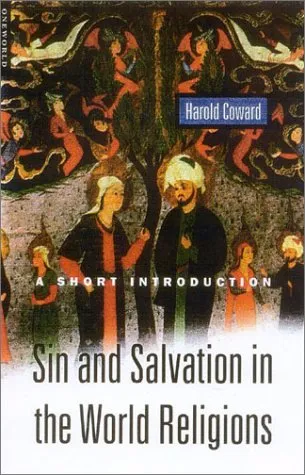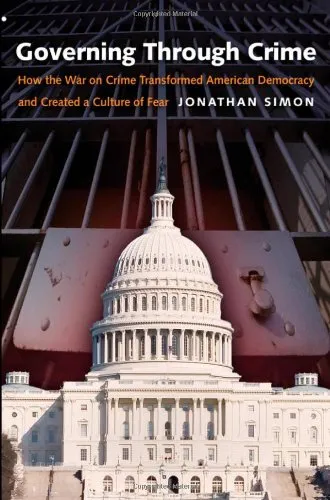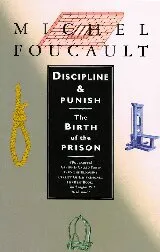Dante Alighieri’s Divine Comedy: The Inferno
4.5
Reviews from our users

You Can Ask your questions from this book's AI after Login
Each download or ask from book AI costs 2 points. To earn more free points, please visit the Points Guide Page and complete some valuable actions.Related Refrences:
Introduction
Dante Alighieri’s Divine Comedy: The Inferno is a masterpiece of Italian literature that is as compelling today as when it was first penned in the 14th century. Renowned for its imaginative and metaphorical depiction of the afterlife, "The Inferno" is the first of three parts of Dante’s epic poem, followed by "Purgatorio" and "Paradiso." This introduction aims to offer insights into why this book remains pivotal, providing readers both a spiritual and a psychological journey through the dark corridors of sin and redemption.
Detailed Summary of the Book
Set in the medieval world’s worldview, The Inferno starts during Holy Week in the year 1300, with Dante finding himself lost in a dark, ominous forest. This symbolizes the soul astray from the righteous path. Guided by the spirit of the Roman poet Virgil, Dante embarks on an odyssey through Hell, depicted as nine concentric circles of suffering, each designed for a different class of sin. As they travel deeper into the bowels of Hell, they encounter a myriad of sinners suffering uniquely poignant punishments. Each circle of Hell reflects a corresponding sin such as lust, gluttony, greed, and betrayal. By experiencing first-hand the outcomes of sinfulness, Dante conveys moral lessons and social critiques relevant to his time and ours. The Inferno concludes as Dante and Virgil escape the dreadful confines of Hell, setting the stage for the next leg of their journey, through Purgatory and eventually to Paradise.
Key Takeaways
- Moral and Ethical Reflections: The Inferno serves not just as a narrative of punishment but as a tool for introspection on human morality and the consequences of actions.
- Allegorical Interpretations: Every character and event symbolizes deeper spiritual, social, or political meanings, offering layers of interpretation suitable for varied audiences.
- Literary Genius: Dante’s use of vernacular Italian instead of Latin was groundbreaking, democratizing literature and influencing modern literary traditions.
- Characterization and Imagery: Through vivid descriptions and elaborate characterizations, Dante creates an immersive world that leaves a lasting impression on readers.
Famous Quotes from the Book
"Abandon all hope, ye who enter here."
"The darkest places in hell are reserved for those who maintain their neutrality in times of moral crisis."
Why This Book Matters
The Inferno’s relevance transcends time, offering insights into human nature and the consequences of our choices. Beyond its theological implications, Dante’s journey navigates the complexity of human emotion, ambition, and morality, remaining a pertinent study of the human condition. Many scholars perceive The Inferno as a critique of the political and religious climate of Dante’s time, yet it stands as a universal exploration of right versus wrong. The Inferno challenges readers to confront their moral compass and offers a glimmer of hope in redemption. Its rich narrative structure and profound allegorical interpretations ensure that Dante Alighieri’s The Inferno remains essential reading for understanding the fabric of Western literature and philosophy.
Free Direct Download
You Can Download this book after Login
Accessing books through legal platforms and public libraries not only supports the rights of authors and publishers but also contributes to the sustainability of reading culture. Before downloading, please take a moment to consider these options.
Find this book on other platforms:
WorldCat helps you find books in libraries worldwide.
See ratings, reviews, and discussions on Goodreads.
Find and buy rare or used books on AbeBooks.
1403
بازدید4.5
امتیاز0
نظر98%
رضایتReviews:
4.5
Based on 0 users review
Questions & Answers
Ask questions about this book or help others by answering
No questions yet. Be the first to ask!
